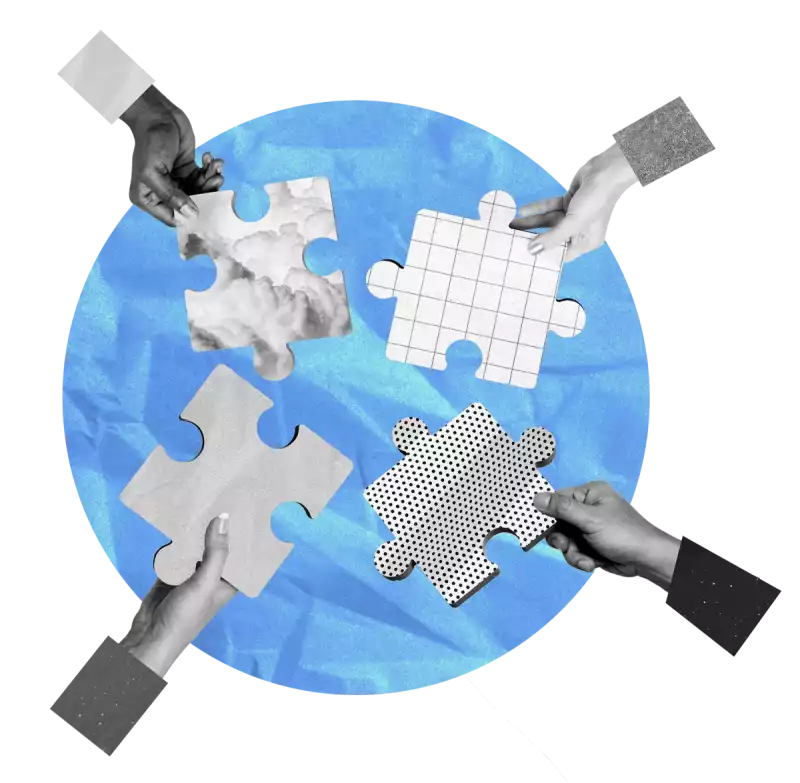By the very nature of their activities, Customs administrations are vulnerable to various sorts of corruption – from the payment of a bribe to large-scale fraud. Since the adoption of the Arusha Declaration in 1993, which was later revised in 2003, the World Customs Organization (WCO) has developed several tools to help its Members identify or monitor corruption risks, implement relevant measures, and develop anti-corruption strategies.
Moreover, the WCO also carries out various types of missions at the request of its Members, such as:
- integrity assessment missions;
- missions to provide guidance on the introduction of performance measurement systems;
- ad-hoc missions to provide support in revising a code of conduct, an integrity strategy, a training plan or the mapping of corruption risks.
In the dossier section of this 83rd edition of the WCO News magazine, published in June 2017, we have chosen to focus on the use of Collective Action to fight corruption, an expression which arose out of a concern to find an innovative approach to address integrity-related issues.











